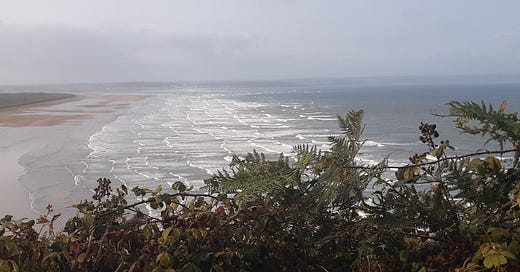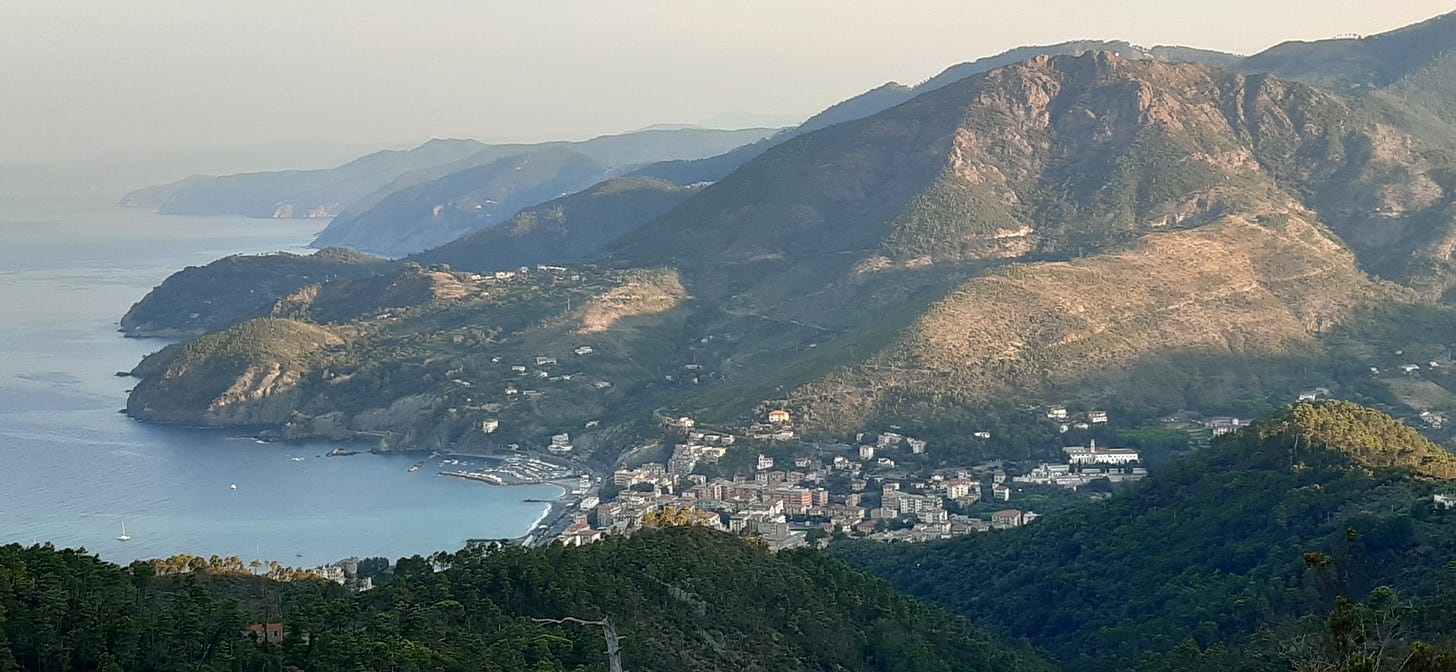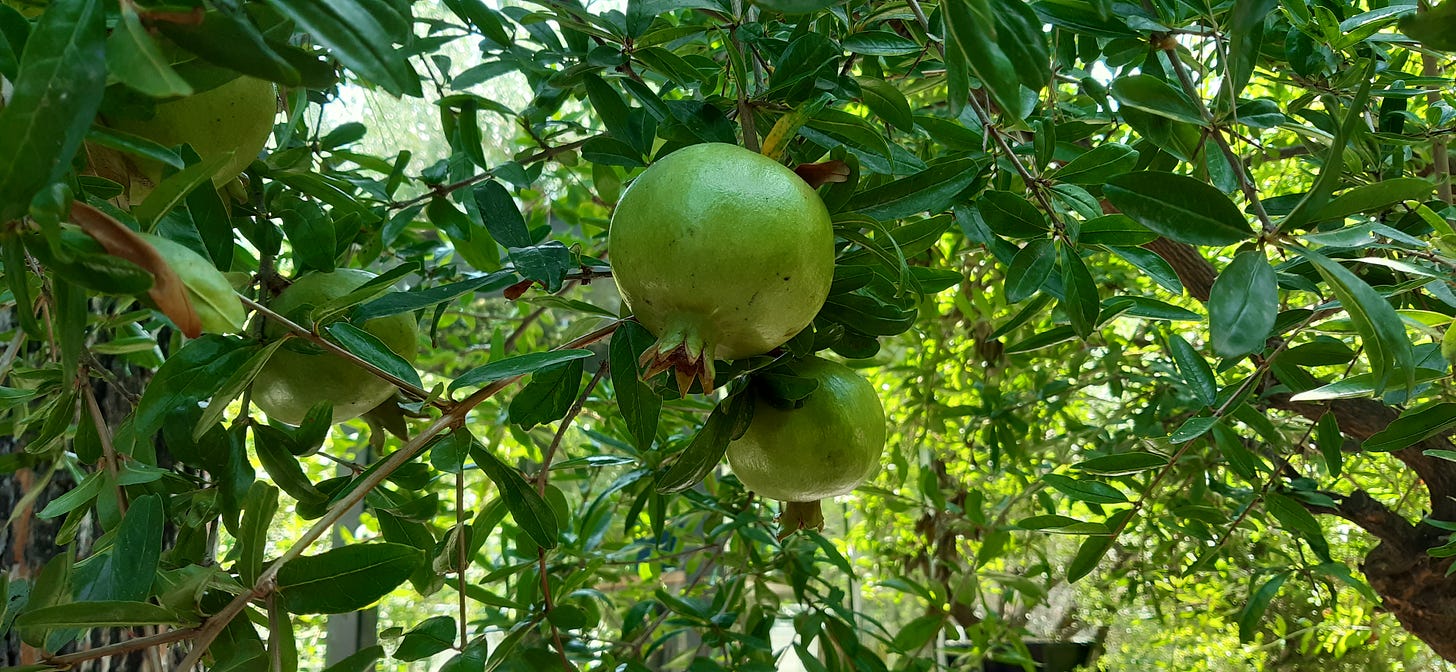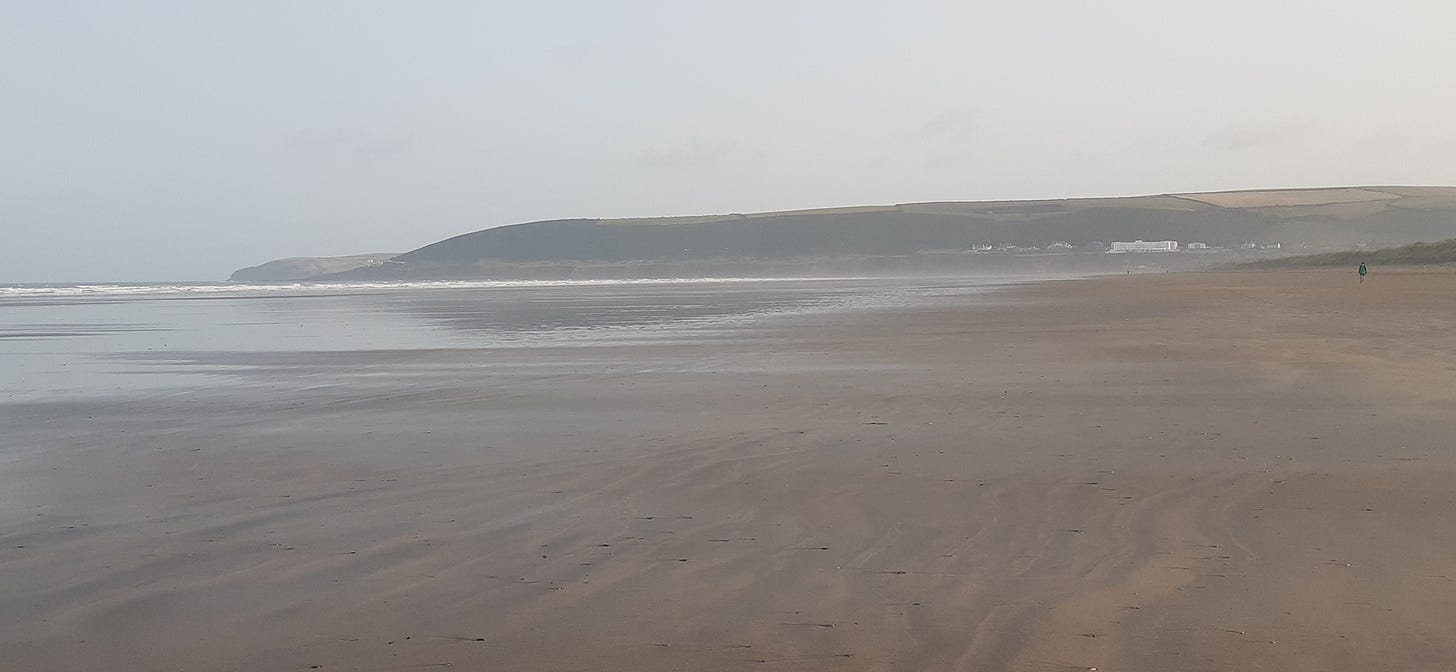We had a proper holiday this summer. It’s the first time in a few years that we’ve attempted to do something a bit more ambitious as a family, rather than just chucking the tent in the boot and/or booking a cottage a couple of hours drive away. This trip involved planes, trains, hire cars and various accommodation across four different locations, with the aim of seeing the ‘real’ country (in this case Italy).
Holidays always seem to come at a good time (they are holidays after all) but this one seemed more welcome than usual, after a continuous six-month stint at work during which time a number of domestic pressures had left us ready for a proper break.
I remember childhood holidays, simple as they were, feeling like a major expedition. We would pack tents, sleeping bags and much more into our Ford Fiesta and spend several hours on the M5 as we headed to (usually) Devon or Cornwall in the south-west of England. It seemed to take forever, a four-hour drive being a different level from most of the other journeys we would make during the year.
The car would probably overheat, or we’d get lost, or stuck on the motorway, but we always got there in the end and it was always worth it when we did.
Devon, earlier this week (and probably much the same in 1987)
These days we tend to self-assemble holidays, variously buying flights, stays, connections and trips independently online rather than as a package. I don’t think we’ve ever done a package – not because I think that’s beneath us, more that it never quite offers what we’re after.
So our January weekends are sometimes spent assembling trips that we can then spend the rest of the year paying for. But this was our first of those since Covid.
Back when I was an almost-adult, I often went on half-planned travel adventures. After university I decided I wanted to spend some months in Germany, having misunderstood a letter which I thought contained a job offer but which in fact was a series of general encouragements to try and get a job in Germany (just not that one).
This distinction only became clear on arrival in the Bavarian Alps, when I phoned home to check in. Of course I had got a one-way coach ticket there (cheaper) and had about £50 in my pocket (because I expected to have a job), which would just about stretch to two nights in a guest house.
So I had 36 hours to find a job or it would be a choice between hitch-hiking back to England or sleeping rough in Bavaria.
This kind of jeopardy was both completely avoidable and entirely commonplace – that’s just the kind of thing I often did between the ages of 17 and 24. I didn’t bother with a plan B and if it went wrong I would figure it out, with the resulting resourcefulness usually balancing out the utter lack of planning and foresight.
In this case I spent my one guaranteed day touring every hotel in town, knocking on doors and asking if they had casual work available.
At the 26th attempt, and having also signed on at the local job centre, I found a menial kitchen job that included a room, meals and pocket money in exchange for about 70 hours hot, sweaty work a week.
I was one of Orwell’s plongeurs, a scullion, the very bottom of the hospitality food chain. It was hard, often demoralising and not really what I’d planned, but I also got to work with real people who taught me a kind of spoken German I would never have encountered otherwise. And I was in Bavaria, which was all I really cared about.
The long-term effect of this kind of scrape was that I ended up pretty resilient and usually able to deal with the unexpected.
So it came as quite a surprise, as we embarked on this summer’s thoroughly middle-class version of an adventure, to find myself completely stressed out by the whole situation, and in a complete reversal of my former personality, worried about all kinds of things that could happen but hadn’t yet (and in fact, didn’t).
I was stressed by the chaos at the arrival airport (which I probably would not have even registered in a former life); by the meandering drive to our apartment in my tiny Italian hire car. By the lizards.
In short, all the things that make travel interesting were stressing me out.
I bet you feel stressed just looking at it
But you know how it goes on holiday – every minor hazard made for a minor anecdote and (spoiler alert) everything worked out fine. But it made me reflect how your threshold for stress expands and recedes to deal with as much stress as you’ve recently had to endure.
If you perpetually avoid stress (or things that could, conceivably, result in stress) then you don’t really get to avoid it – your capacity just shrinks to fit the amount of stress that you’re currently accustomed to.
This realisation has helped me to understand why some of my older family members now flap at the idea of being stuck in traffic, or having to deal with problematic admin situations, when they have previously travelled widely, learned and used languages, held numerous challenging jobs, raised children and so much more.
Having retired, all those previously necessary stresses have gone away, leaving quite innocuous things as the next biggest, recent hurdles to overcome – and hence now sources of stress.
It's so important to keep challenging yourself, to keep pushing that stress threshold outwards.
As for our holiday – well, within less than a week I was loving dodging Vespas on narrow streets, being wildly misunderstood with my terrible Italian and encountering snakes on remote mountain trails. Being horribly overcharged for basic things.
I embraced screaming with terror as a flame-coloured attack helicopter dive-bombed our balcony (it may with hindsight have been a local wasp). And what even is that noise, is it an animal? An old lady being beaten with cats? (Some kind of cicada, we think).
Because that’s what we came for – the encounters, the challenges, the stories and memories that we’ll laugh about again and again.
They grow on trees! Who knew?
These minor stresses (and of course, they really are minor) are so important in re-setting and re-defining what you might perceive as a problem versus a giggle, and in demonstrating to the kids that this is what you do to get to something good (and how you get out of it if it does really start to unravel).
If you don’t seek these challenges out, and meet them head-on when they arise, your world will only shrink, until smaller problems become as big a deal as the bigger ones were. It doesn’t mean going looking for trouble, it means not being afraid to encounter adversity to get the experiences that you really want.
The adversity we encountered was incredibly first-world, but that’s the whole point. If your normal life has recently been filled with work stress, bereavements, financial problems or any of the other tribulations of normal life, then the temptation is to seek out something entirely stress-free, packaged up to the eyeballs, no decisions to make.
But the best memories are those where you’ve been tested, just enough. I already know that the couple of hours I spent on that balcony on the August morning when much of the above ran through my mind, is a memory I’ll come back to again and again, on rainy winter afternoons, in times of stress over the next year.
And I’ll recall how easy it would have been to just not bother and do something easier, like stay at home or get that package holiday to Tenerife. And how glad I was (and am) that we just tried a little bit harder. It's easy to say ‘it’s not worth the hassle’.
It’s always worth the hassle.
Epilogue: This past weekend, a couple of weeks after originally writing this article, I found myself penning a follow-up in my head entitled ‘it’s absolutely not worth the hassle’. This was as I loaded the entire contents of our house into the car for three nights’ camping, spending five hours on the motorway to get there along with literally every other car in Britain as the rain lashed against the windows.
Yet the very next morning I was running along a deserted beach at sunrise, relaxed and appreciative, enjoying a couple of hours peace before the rest of the world woke up. It really is worth the hassle.
Totally worth it








